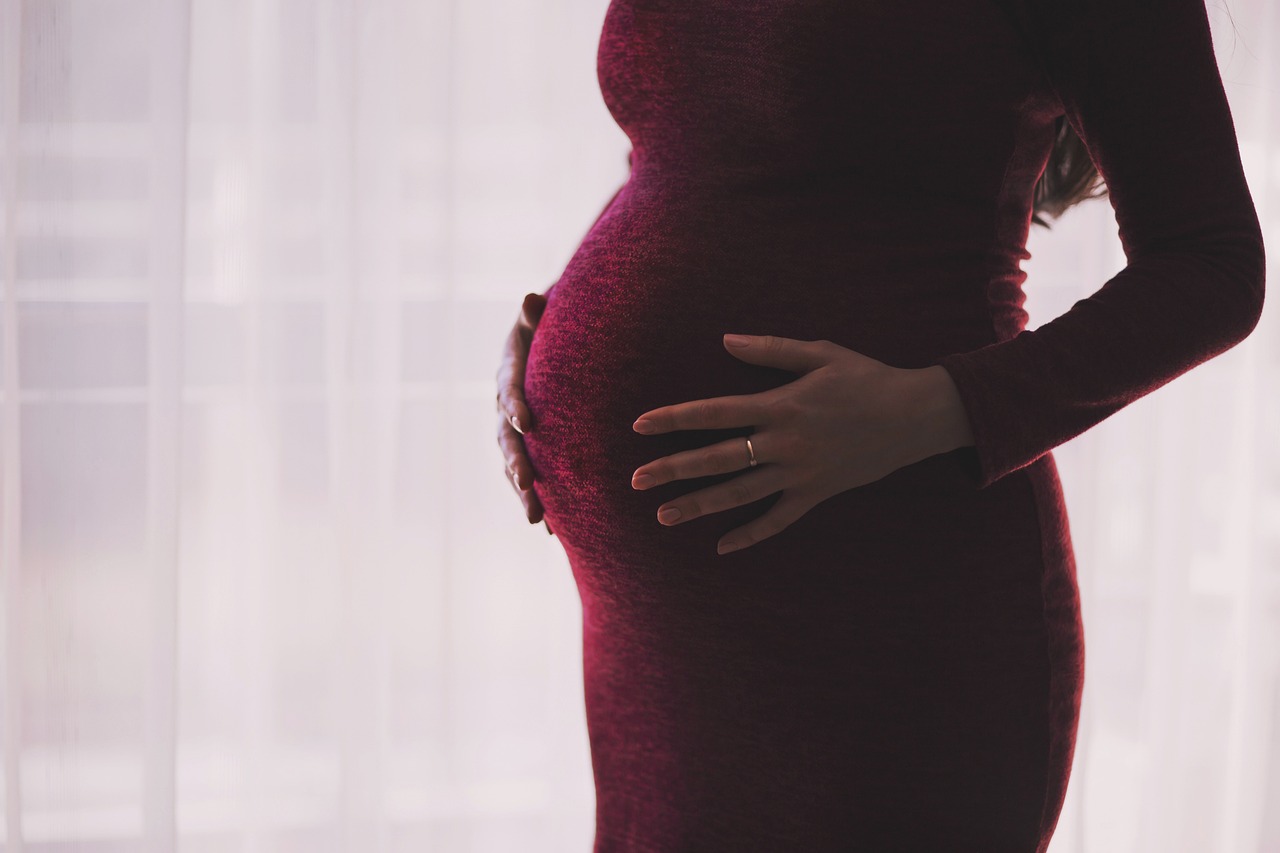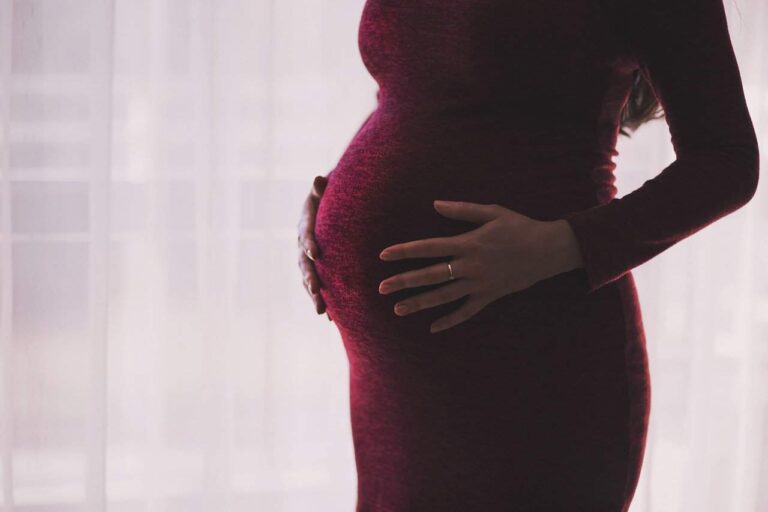Miscarriage Contractions vs Labor Contractions: Which is More Painful?
Pregnancy is a beautiful time for any family. But sometimes, complications can come between parents and their children.
Mothers are at their most vulnerable during the early stage of pregnancy, and uncontrollable medical issues can affect their child’s growth. One unfortunate event that may happen is a miscarriage.
A miscarriage is a heartbreaking and painful experience, both physically and emotionally. Some might even say that the pain is worse than labor contraction. So how does a mother deal with a miscarriage? And how can they move on after a traumatic experience?
What is a Miscarriage, and How Does it Feel Like?
A baby in the womb can pass away at any time during the pregnancy. A pregnancy that ends before 24 weeks is called a miscarriage.
Many mothers, unfortunately, experience miscarriage, and it is most common during the first trimester of pregnancy. As many as 15-20 percent of clinically-confirmed pregnancies end with a miscarriage. This number does not include pregnancies that are not diagnosed.
Abnormalities in the DNA are the most plausible reason for a miscarriage. However, it might also be caused by hormonal changes, overall health, age, exposure to harmful substances, or the egg failing uterine implantation. Miscarriages during the first 13 weeks of pregnancy are unavoidable, and neither you nor your partner is to blame.
Symptoms of miscarriage vary from mother to mother. Some mothers experience contractions every 5 to 20 minutes, similar to labor. However, contractions are not a universal experience for every mom.
Other symptoms of miscarriage include back pain, vaginal discharge, stomachache, spotting/bleeding, and decreased pregnancy symptoms. Again, mothers experience miscarriages differently from one another, and some mothers might experience little to no signs.
Miscarriage treatment varies depending on when it happens. Your doctor will first confirm if a miscarriage happened through a pelvic exam and ultrasound. If you are in your first week of pregnancy and the doctor found no fetal tissues in the uterus, you do not need further treatment.
Your doctor needs to remove all pregnancy tissues to avoid infections and complications. They may have to do a dilation and curettage or a dilation and extraction to remove any remaining signs of fetal or placental tissues. These medical procedures can cause temporary bleeding and cramping.
Doctors may need to induce labor if the miscarriage happens later during the pregnancy. Once the baby is successfully removed, your doctor can do an autopsy and diagnose the cause of death.
How Do Labor Contractions Feel Like?
Unlike miscarriage contractions, which not all mothers experience, all pregnant mothers will undergo labor contractions. Contractions feel different among mothers, but it is best described as a tightening or cramping sensation from the back to the front. This is a sign that the lower uterus and cervix are relaxing in preparation for the baby’s delivery.
Contractions are consistent and intermittent. You can time your contractions using a watch. As time progresses, the contractions become stronger and more frequent.
Miscarriage Contractions vs Labor Contractions: Which is More Painful?
In a 2021 Woman Alive article, a mother named Tammy Tunnah shared her loss during pregnancy. In the article, she described the experience of miscarriage and its pains as ‘worse than full-term labour pains.’ Like many moms, Tammy’s miscarriage was a painful experience physically.
Many mothers describe miscarriage contractions as painful as labor contractions. However, what makes miscarriage harder for many mothers is the loss of potential life. Many parents grieve what could have been a baby, and the emotional turmoil can add to the already crushing physical pain.
How to Cope with a Miscarriage
Pregnancy loss is a heartbreaking and devastating experience that can leave parents feeling lost, guilty, and depressed. Parents, especially mothers, have different coping mechanisms during the grieving process. Fortunately, all hope is not lost.
Parents can take proactive steps to deal with the loss of their baby. You may start your journey through recovery by physically resting your body after the miscarriage. Besides the previously mentioned medical procedures, your doctor may schedule future consultations to make sure you are recovering from your loss.
In most cases, the miscarriage was unexpected, and there was no way to avoid the situation. However, you may take steps to prevent future miscarriages from happening. You may:
- Practice a healthy lifestyle by eating a balanced diet and getting regular exercise.
- Taking prenatal vitamins and eating food rich in folic acid and calcium.
- Avoid unhealthy substances such as drugs, caffeine, alcohol, and cigarettes.
- Avoid activities that can cause a physical impact on your abdomen.
- Talk to your doctor about your medications and how it affects your baby.
- Regularly attend your prenatal checkups.
These tips are not foolproof ways to avoid a miscarriage. However, doing these tips can lower the risks of it happening in the future.
People process grief differently from one another. Some might find comfort in talking to a therapist or a support group. Meanwhile, others prefer to write down their emotional journey every day. You may also seek comfort from friends, families, and loved ones.
Recovery time varies from person to person. Some can move on a few weeks or months after the loss, while others might take longer to process their emotions. Losing a baby is not an easy experience, and it can take time to fully recover.
The pain and grief of miscarriage might feel impossible to get over. However, recovery is always an option, and you may someday consider trying for another baby. A sturdy support system and ample time can help you and your partner heal and move on.
FAQ
I believe I am experiencing a miscarriage. What should I do?
Immediately contact your doctor if you are experiencing symptoms of miscarriage, especially if you are experiencing severe symptoms. Your medical provider will diagnose if you have miscarried.
How do I tell if I am experiencing miscarriage or labor contractions?
Most miscarriage happens before you reach your third trimester, which is when labor contractions start to appear. Plus, not all mothers experience miscarriage contractions, and your symptoms might vary compared to other moms.
Can I get pregnant again after a miscarriage?
You can have another pregnancy two weeks after a miscarriage. Having sex immediately after a miscarriage might lead to an infection.











